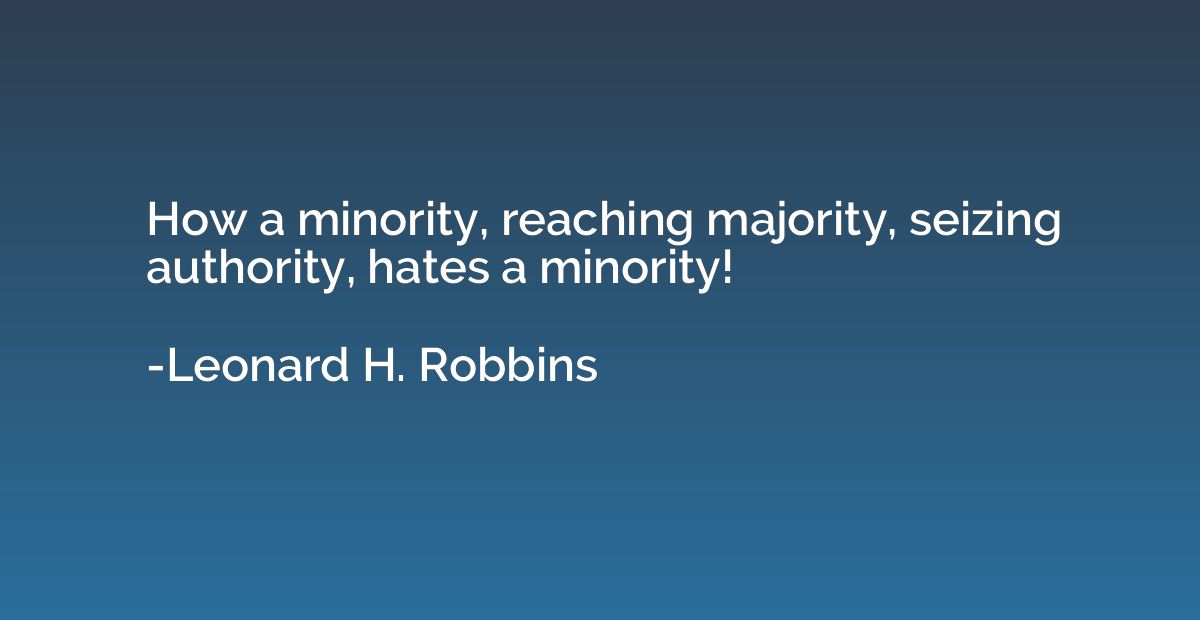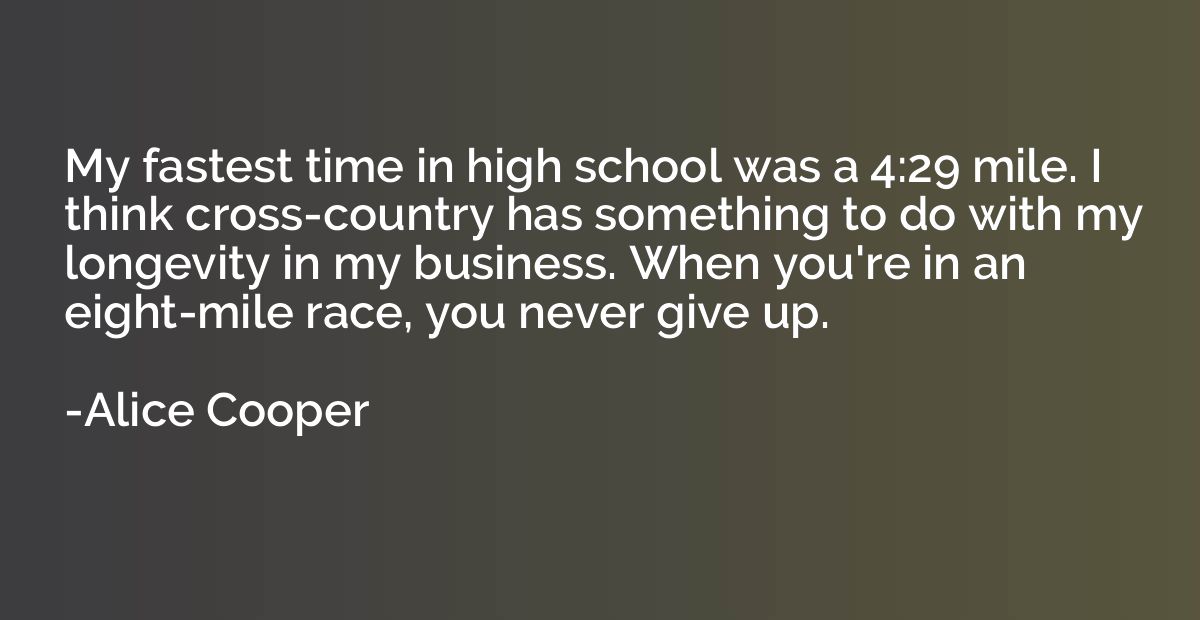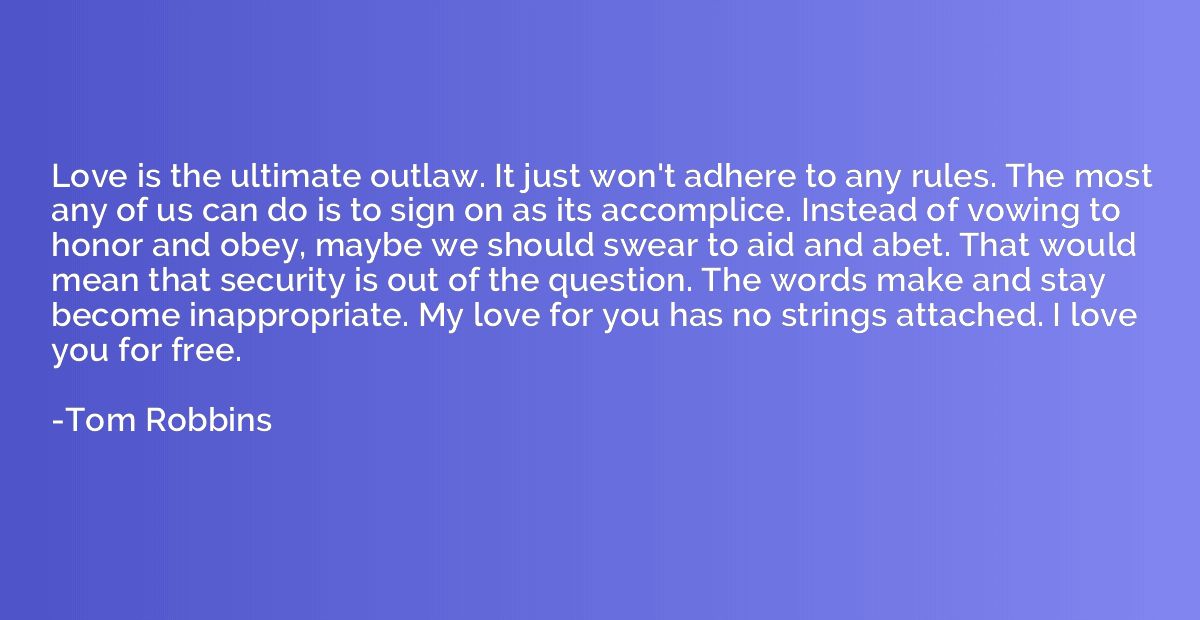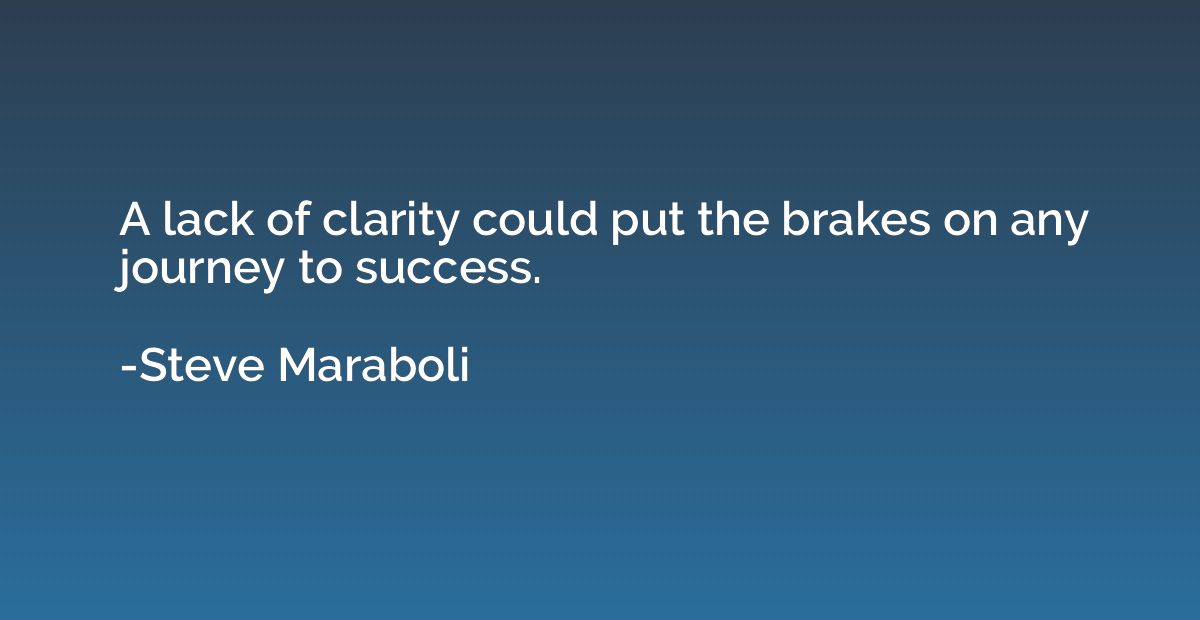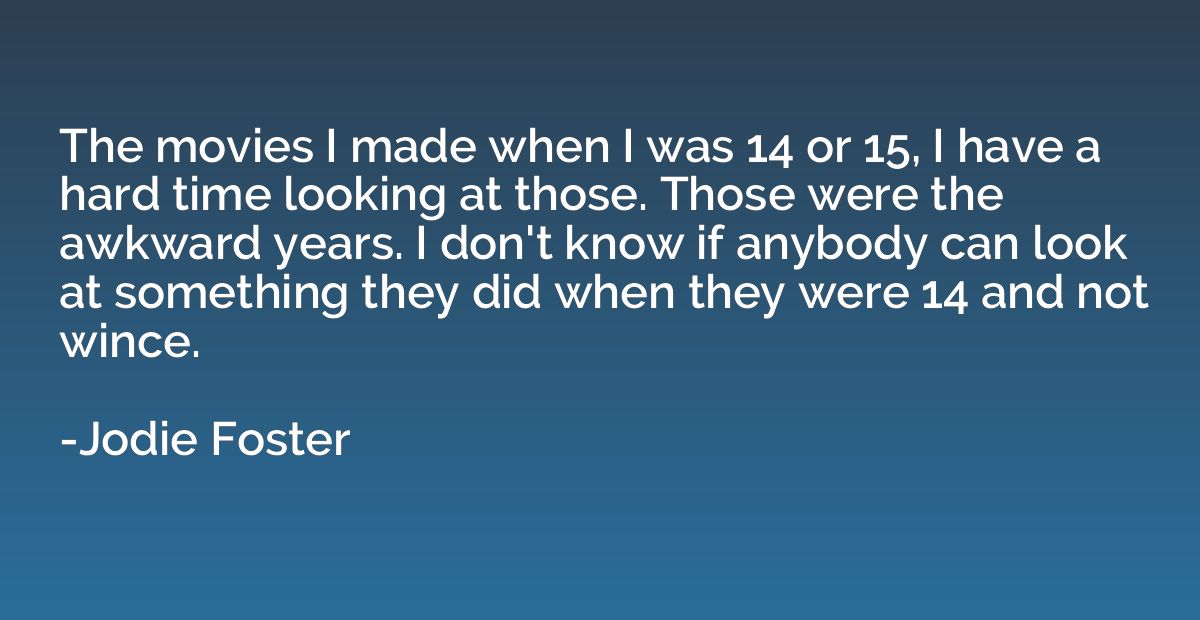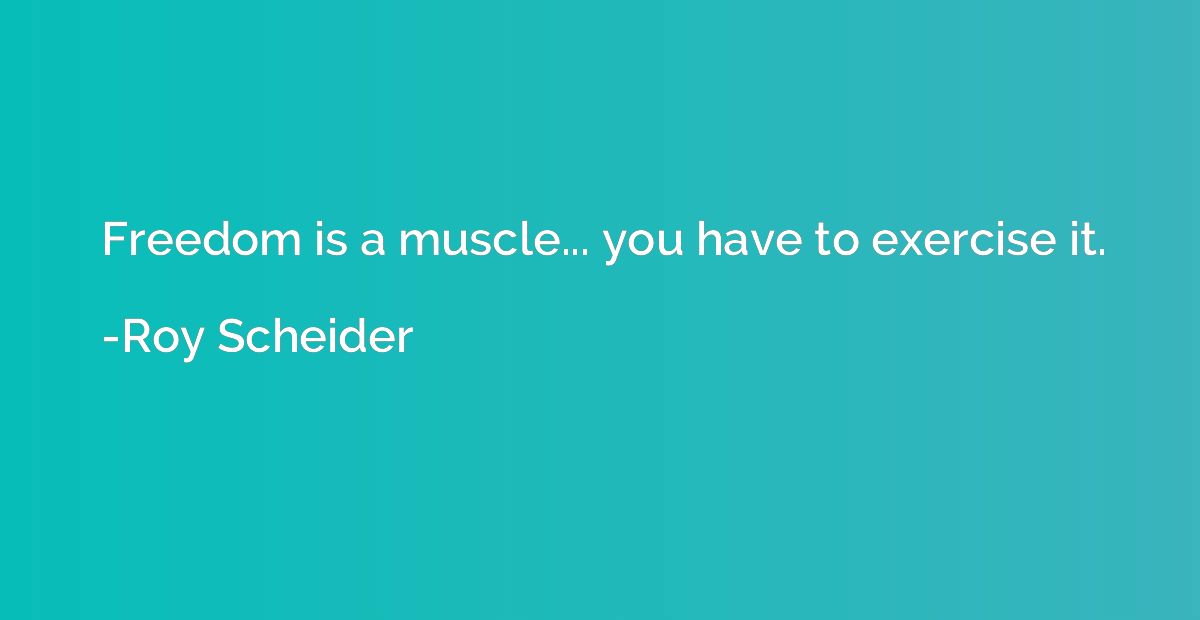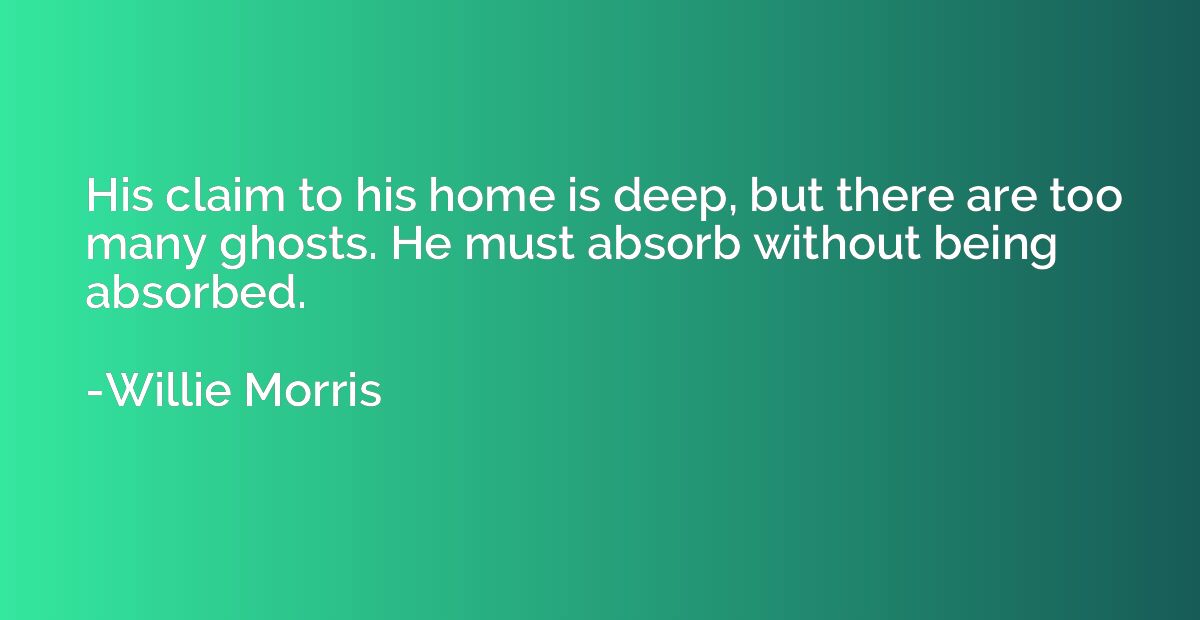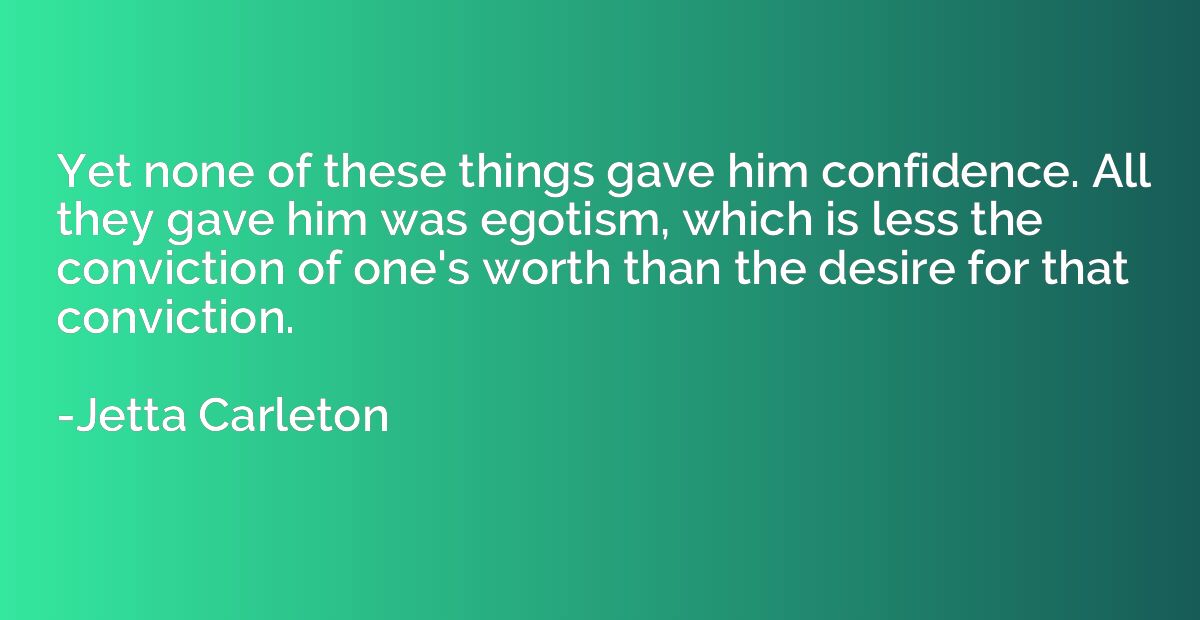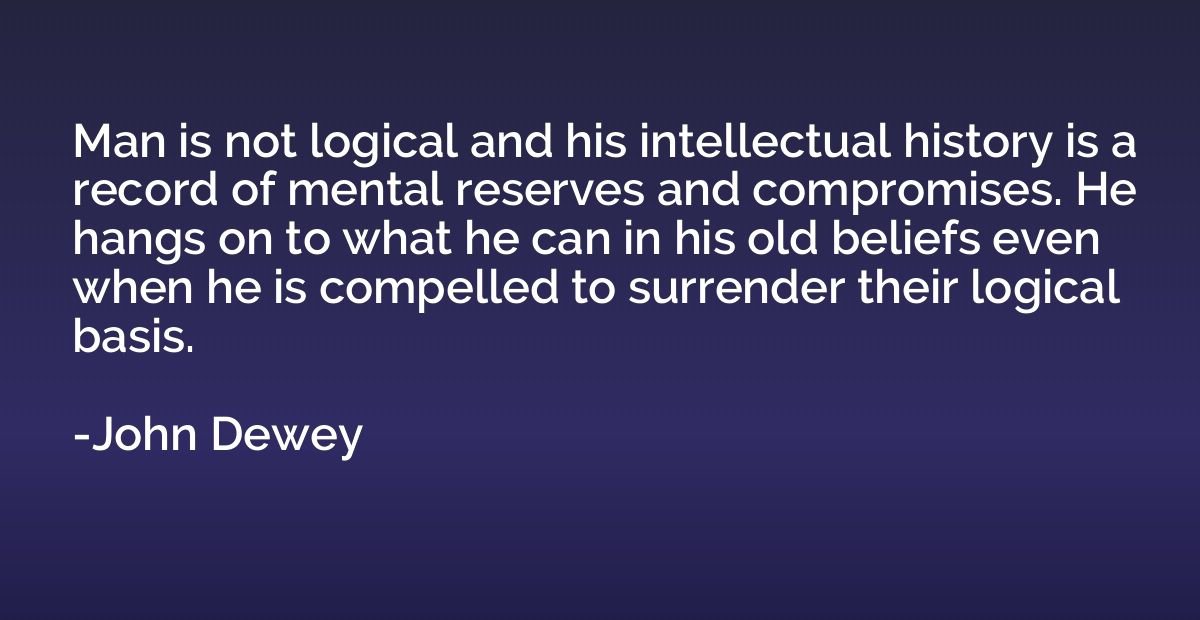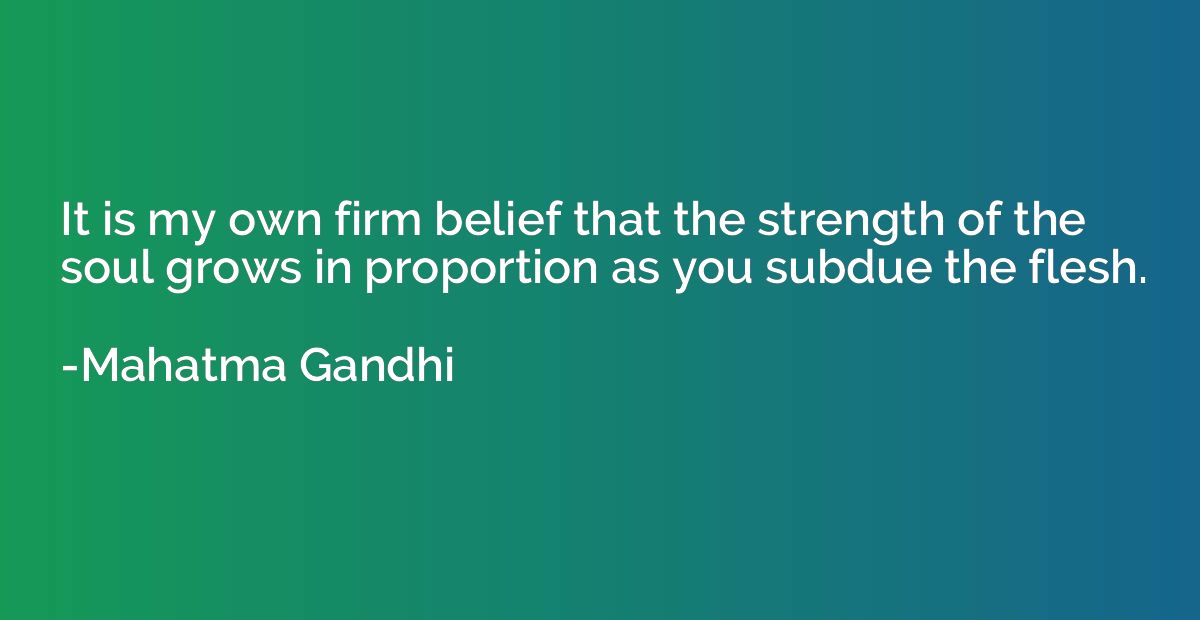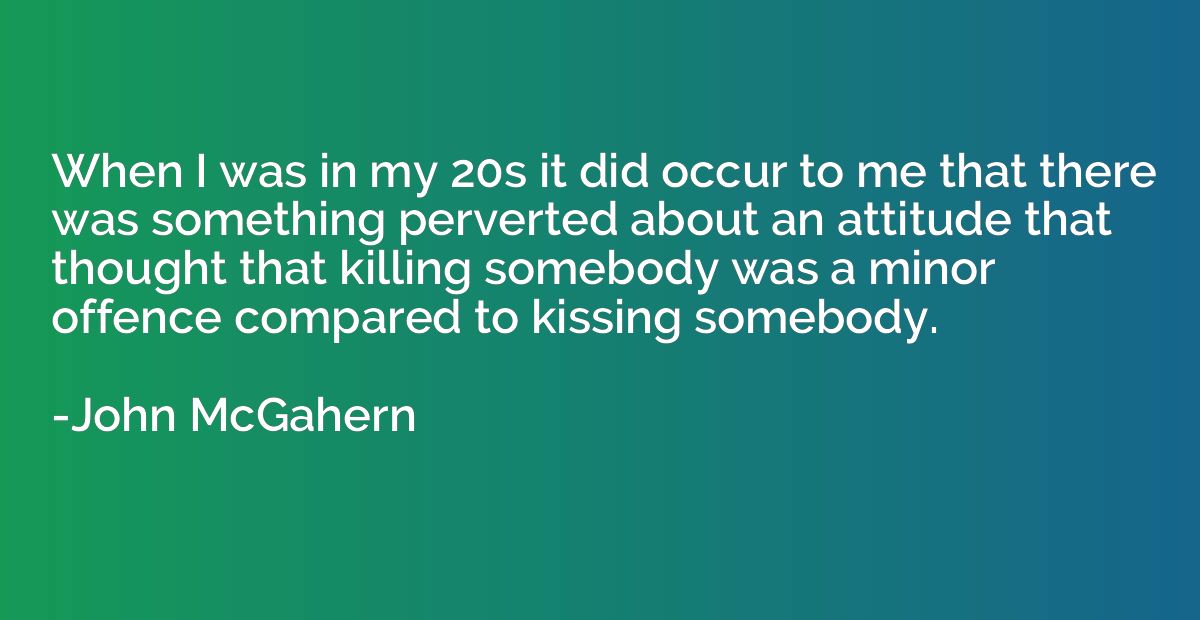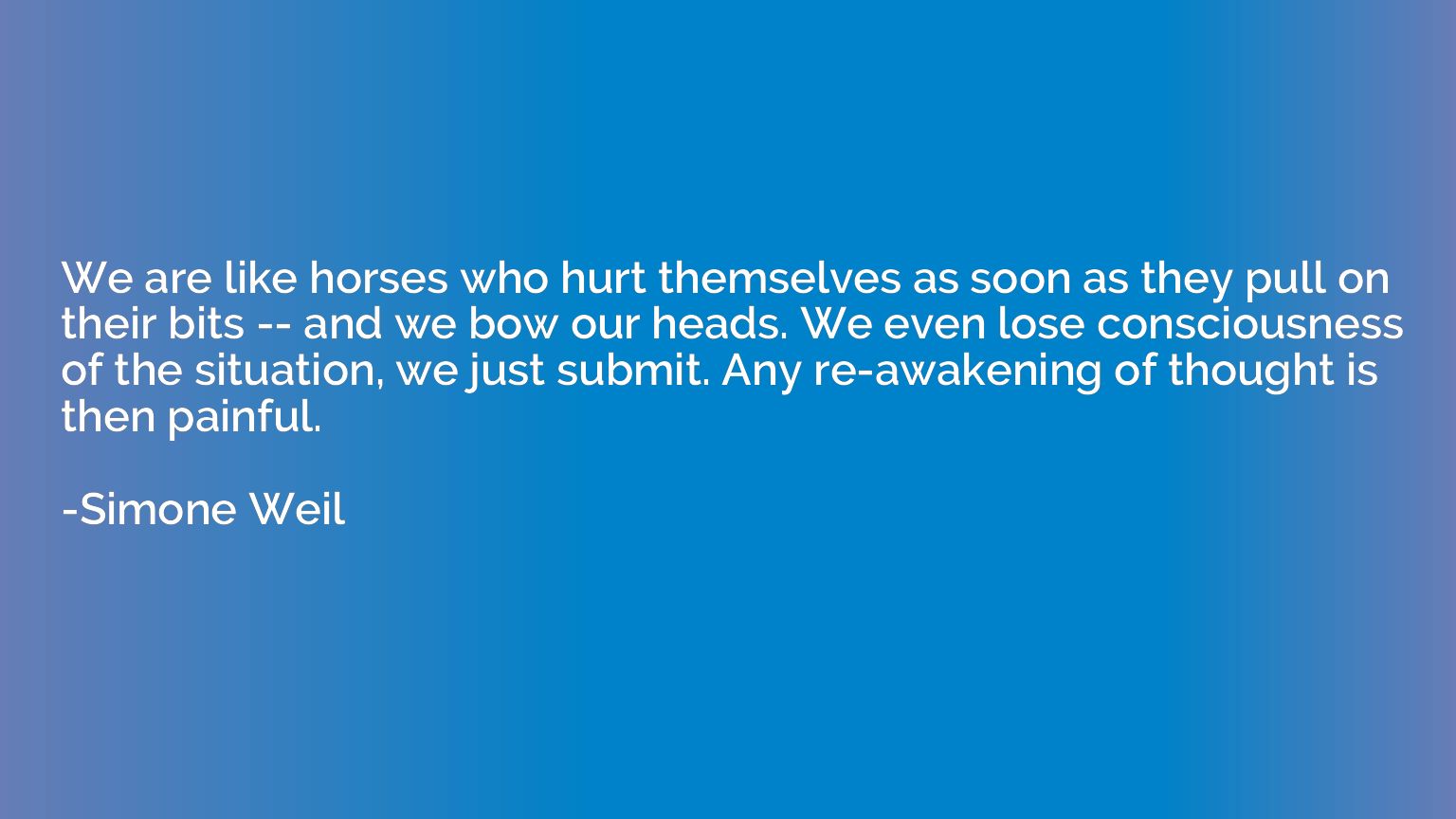Quote by Christopher Hitchens
Long before it was known to me as a place where my ancestry was even remotely involved, the idea of a state for Jews (or a Jewish state; not quite the same thing, as I failed at first to see) had been 'sold' to me as an essentially secular and democratic one. The idea was a haven for the persecuted and the survivors, a democracy in a region where the idea was poorly understood, and a place where as Philip Roth had put it in a one-handed novel that I read when I was about nineteen even the traffic cops and soldiers were Jews. This, like the other emphases of that novel, I could grasp. Indeed, my first visit was sponsored by a group in London called the Friends of Israel. They offered to pay my expenses, that is, if on my return I would come and speak to one of their meetings.I still haven't submitted that expenses claim. The misgivings I had were of two types, both of them ineradicable. The first and the simplest was the encounter with everyday injustice: by all means the traffic cops were Jews but so, it turned out, were the colonists and ethnic cleansers and even the torturers. It was Jewish leftist friends who insisted that I go and see towns and villages under occupation, and sit down with Palestinian Arabs who were living under house arrest if they were lucky or who were squatting in the ruins of their demolished homes if they were less fortunate. In Ramallah I spent the day with the beguiling Raimonda Tawil, confined to her home for committing no known crime save that of expressing her opinions. (For some reason, what I most remember is a sudden exclamation from her very restrained and respectable husband, a manager of the local bank: 'I would prefer living under a Bedouin to another day of Israeli rule!' He had obviously spent some time thinking about the most revolting possible Arab alternative.) In Jerusalem I visited the Tutungi family, who could produce title deeds going back generations but who were being evicted from their apartment in the old city to make way for an expansion of the Jewish quarter. J
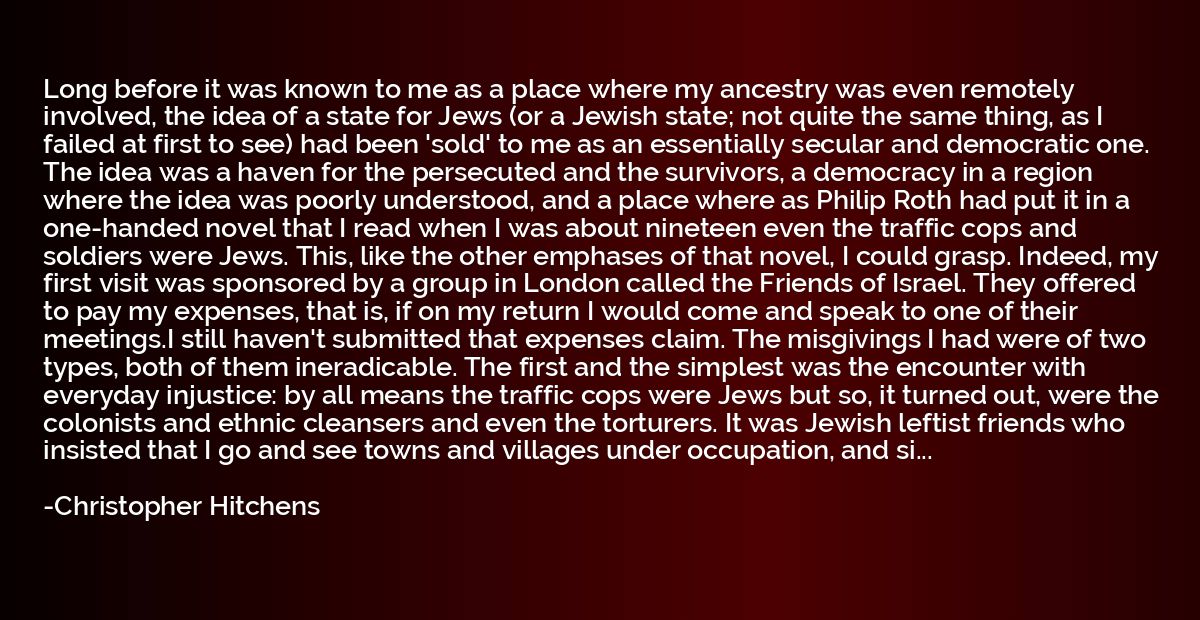
Summary
In this quote, the speaker reflects on their initial perception of a Jewish state as a secular and democratic haven for persecuted and survivor Jews. However, their first-hand experiences in Israel revealed a different reality: encountering everyday injustices, witnessing the actions of colonists, ethnic cleansers, and torturers who were all Jews, and learning about the oppression faced by Palestinian Arabs living under Israeli occupation. These experiences challenged the speaker's preconceived notions and highlighted the complexities and contradictions within the Israeli state. This quote demonstrates the speaker's personal journey and the importance of questioning and critically examining one's beliefs and assumptions.



